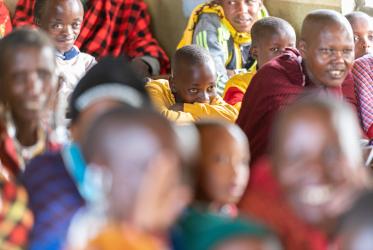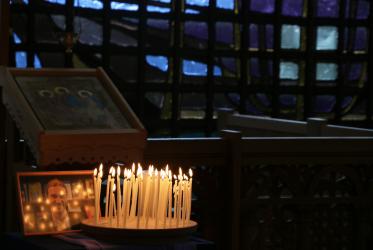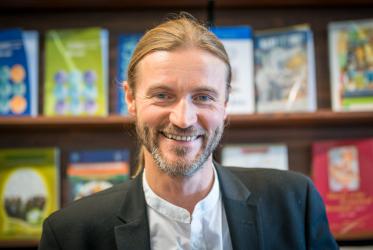Displaying 1 - 20 of 63
09 November 2023
Young Africans are eager to grapple with challenges
09 January 2020
A passionate Korean feminist and ecumenist
21 August 2019
Young peoples movement strengthens influence
15 August 2019
Iraqi refugee shares story of hope through harrowing ordeal
15 August 2019
Workshop in Jamaica focuses on human rights
16 May 2019
WCC mourns lost staff member in Ethiopian Airlines crash
11 March 2019
Bossey transforms the life of ecumenical students
29 January 2019
#WCC70: Children in the Ecumenical Movement
20 December 2018















